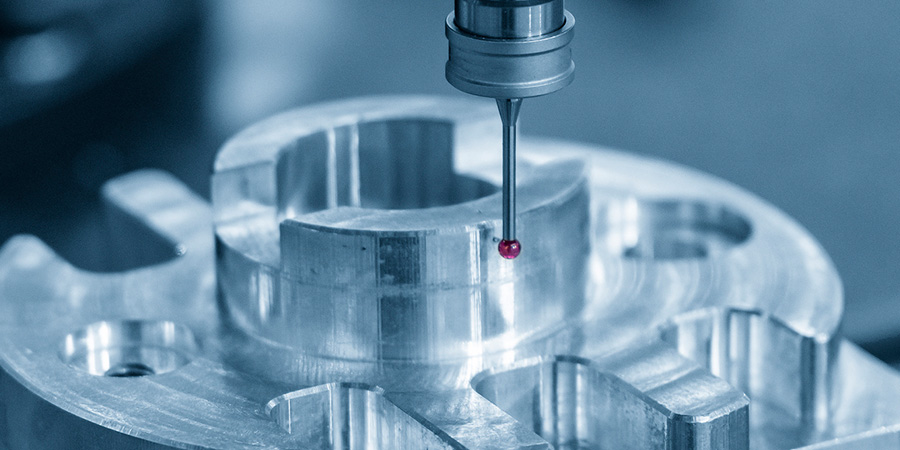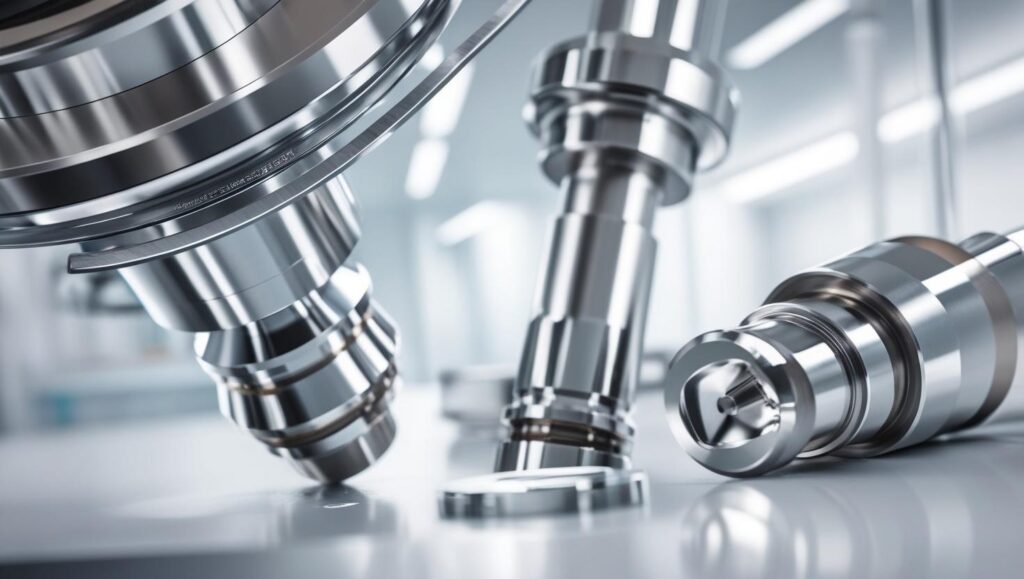In the fast-paced world of medical device manufacturing, precision is more than just a feature—it’s a necessity. Medical devices, whether they are life-saving implants, diagnostic tools, or wearable health technologies, demand the highest standards of accuracy and reliability. This is where precision engineering comes into play.
What is Precision Engineering?
Precision engineering refers to the art and science of designing, creating, and manufacturing components that adhere to the tightest tolerances and specifications. It involves advanced machinery, tools, and methods to produce products with extremely high levels of accuracy. In the context of medical devices, this precision ensures that every component performs flawlessly and safely under real-world conditions.

How Precision Engineering Impacts Medical Device Manufacturing
1. Enhancing Safety and Performance
The importance of precision engineering in medical devices cannot be overstated. A fraction of a millimeter can make all the difference between a device functioning optimally or malfunctioning in critical scenarios. Whether it’s a surgical instrument or a pacemaker, even the smallest error could result in significant consequences. Precision engineering ensures that these devices operate within exact specifications, providing safety and reliability.
2. Meeting Regulatory Standards
Medical devices are subject to stringent regulatory guidelines, including those set by the FDA (U.S. Food and Drug Administration) and the European Medicines Agency (EMA). These standards mandate that devices be manufactured to precise tolerances. Precision engineering not only helps meet these regulations but also aids in documenting and demonstrating compliance throughout the manufacturing process.
3. Producing Complex, Miniaturized Parts
Many modern medical devices require highly intricate, miniaturized parts, often with multiple interlocking components. Creating these small-scale components requires the kind of sophisticated technology that precision engineering offers. The ability to produce complex geometries with high accuracy is critical in industries like orthopedics, neurology, and cardiology.
4. Streamlining the Production Process
Precision engineering is not only about creating parts that fit together perfectly but also about ensuring that the manufacturing process itself is optimized. Advanced techniques such as CNC (Computer Numerical Control) machining and additive manufacturing help streamline production by improving speed, reducing waste, and enhancing the consistency of the final product.
The Role of Precision Engineering in Specific Medical Devices
Surgical Instruments: From scalpels to retractors, precision engineering in medical allows the manufacture of surgical tools with sharp, exact edges that perform reliably during operations. Small variations in dimensions could cause injuries, so surgical instruments must adhere to very tight tolerances.
Diagnostic Equipment: Diagnostic devices, including imaging equipment like MRI machines or ultrasound probes, rely on precision engineering to deliver accurate results. Without precise manufacturing, readings from these devices would be unreliable, potentially leading to incorrect diagnoses.
Implants and Prosthetics: In the realm of implants and prosthetics, the role of precision engineering becomes even more crucial. Implants must fit perfectly within a patient’s anatomy, and any deviation from exact specifications can lead to complications or failure. This makes precision engineering vital in ensuring compatibility and functionality.
Why Choose Aeron for Precision Engineering in Medical Devices?
At Aeron, we specialize in precision engineering for medical device manufacturing. Our team of experts utilizes cutting-edge technologies and state-of-the-art facilities to produce components that meet the highest standards of accuracy. Whether you need custom medical parts or advanced production machining, Aeron’s precision engineering services can bring your ideas to life with unparalleled precision.
Our focus on quality ensures that your medical device components are manufactured to the exact specifications required for safe and effective use in the healthcare industry. You can trust us to provide innovative solutions that enhance your product’s performance while meeting all regulatory requirements.
Learn More About Our Precision Engineering Services
To see how precision engineering can elevate your medical device manufacturing process, visit our precision engineering page. Our production machining capabilities are designed to offer high accuracy and efficiency, ensuring your components are of the highest quality. If you’re ready to start your project or discuss your requirements, contact us today!
Final Thoughts
Precision engineering is undeniably one of the cornerstones of successful medical device manufacturing. From improving patient outcomes to ensuring regulatory compliance, it plays a vital role in shaping the future of healthcare. By partnering with a trusted precision engineering provider like Aeron, you ensure that your medical devices meet the highest standards of quality and precision.
